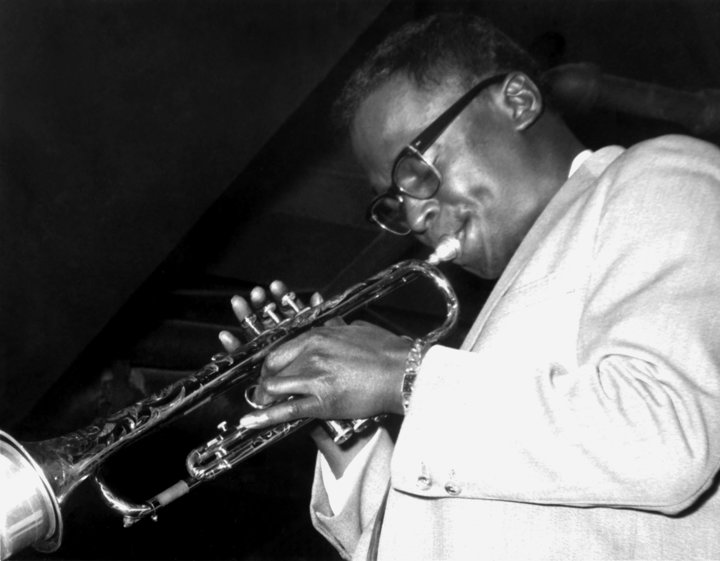— Pablo Picasso
The artist is a receptacle for emotions that come from all over the place: from the sky, from the earth, from a scrap of paper, from a passing shape, from a spider’s web.
“Emotions are not an affliction we must strive to keep in check”, writes Sy Montgomery in the NY Times, in his review on February 29, 2019 of Frans de Waal’s latest book. That’s a provocative statement in a culture like ours, soon followed by another of Mr. de Waal’s: “They give meaning to everything.” We certainly know that men growing up in our society aren’t encouraged to show emotion, even though Montgomery states that science has proven our feelings, “enable us to survive.” From early childhood we’re often chastised for being “too sensitive”, or at least those of us who’ve worn our hearts on our sleeves (and faces), and males are especially singled out for this reprimand in cultures promoting a macho, ‘me first’ ethic in everything from innocent play to career advancement. Even female children (like me, the last of 5 girls) are often encouraged to mimic the male ideal if they’re to survive and succeed in the culture they’ll grow into. It’s a club, we’re assured, allowing no sissies.
But de Waal and his colleagues maintain that the adaptability of emotions help us to think through our experiences, unlike the “rigid response” of pure instinct, and I gather the book which isn’t out yet will prove to us how emotions have carried animals through time so that we could be here, evolved as we are now. I (having already been on this earth a long time) never considered that I might have been trained by my familial culture to ignore the protective qualities of emotions that are “by far the most salient aspect of our lives.” I’d always assumed my struggle to pull myself up by my own bootstraps, an adage often used in my family to suggest we be brave and deal with our troubles alone, was more my nature than nurture. But reading the review of Mr. de Waal’s new book triggered my epiphany that I’d been conned by a culture that favors virile men (and sometimes women) in its hierarchy for success, which is apparently totally counter to the laws of the natural world as it has evolved over the millennia.
What made me linger, initially, over this specific book review? Was it the heart-stabbing video embedded in the text of the review showing the emotional goodbye between Dr. Jan Van Hoof (a Dutch biologist) and Mama, the 59-year-old chimpanzee who’d become his friend and family in the 1970’s? That was certainly an attraction, as it was for many on TV and the Internet, but more enticingly, it reminded me of the protagonist of my latest novel about to be published this spring. In Certain Liberties, Emily Alden shows all the signs of the emotional heritage buried in her DNA, unlocked despite the restrictions of her 19th-century upbringing and paradigms of womanhood. If anyone knows and lives by the understanding that “emotions are not an affliction…to keep in check,” it is she. We watch her “focus the mind and prepare the body while leaving room for experience and judgement,” just as de Waal suggests. We know she believes her feelings are paramount, even though she is warned they “may be slippery” by her childhood friend Corey, just as we are by de Waal.
But even so, Emily dances on that third rail of “these most vivid mental experiences”, which Mr. Montgomery describes as rich and powerful, as well as life-giving. I’ve often wondered, over the many years of knowing this character as I wrote the book, why she grabbed and captured me so totally from her earliest childhood. I now understand it’s the way Emily defied those who would have had her deny her emotional strength, the very thing that gave her the resilience to survive for future generations. I hope she will seize and hold your attention in Certain Liberties as she did mine, perhaps reminding you of someone you’ve glimpsed in yourself. After all, you’re here just as I am, so we must have some of Emily’s adaptive ingenuity. Let me know how you feel about her when you’ve read the book this spring.


It reminds me that when i was young the people I tended to enjoy and feel safe with were those who wanted to know how I felt about something and return told me how they felt. Not that emotions must rule, but they also can’t be refused a place at the table. Very provocative piece.
What better way to build trust? That’s how we know they’re so important. They stand as a final filter to judge people by. thanks for these follow-up thoughts.
Clearly, as a writer or any artist, emotions are the basis for their work and what is responded to by the audience. Thus even those of us who might deny the power of emotions, are effected by a particular phrase of music, a painted image, a combination of words or any artistic expression that have little rational or measurable meaning in themselves. As you suggest Emily and perhaps others have even a richer and heightened life experience by first accepting their emotions (not easy to do) and then learning from them as much, if not more then what we learn from rational and quantitative knowledge and material achievements.
Thanks. I think I will spend the afternoon finding and learning from passing emotion.
It can take a bit of practice. Acknowledging emotions and being open is not something people in our culture tend to be good at. But the more engaged we are with our artistic selves, the easier it gets! Thanks, Paul, for sharing your insights, as always.